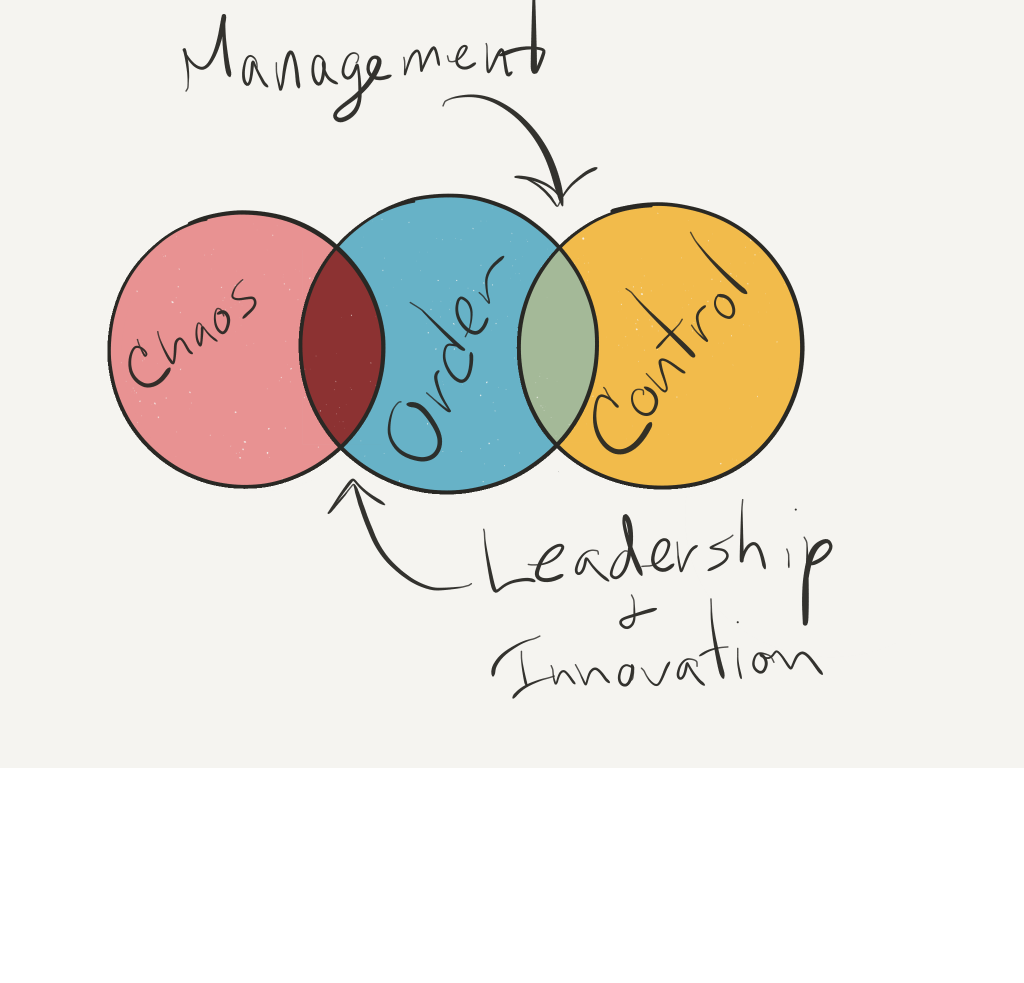According to PIAAC, 3/4 of US unemployed workers had either a high-school diploma or less; roughly 1/2 of those adults placed in the two lowest score levels for numeracy. Among unemployed college-educated adults, 13% scored in the two lowest levels.
The study is one of the first to show that a college degree confers core knowledge that adults without degrees are less likely to possess.
“This allows us for the first time to be able to compare what it is that someone knows with what sort of degree they have,” said Stephen Provasnik, a researcher for NCES and a technical advisor on PIAAC. “That allows us to make distinctions that we haven’t been able to make in the past. Economists have always used level of education as a proxy for the skills that one has. Now what PIAAC does is allows us to measure directly those skills, without having to use the education certification as a proxy.”
Read the article here.





